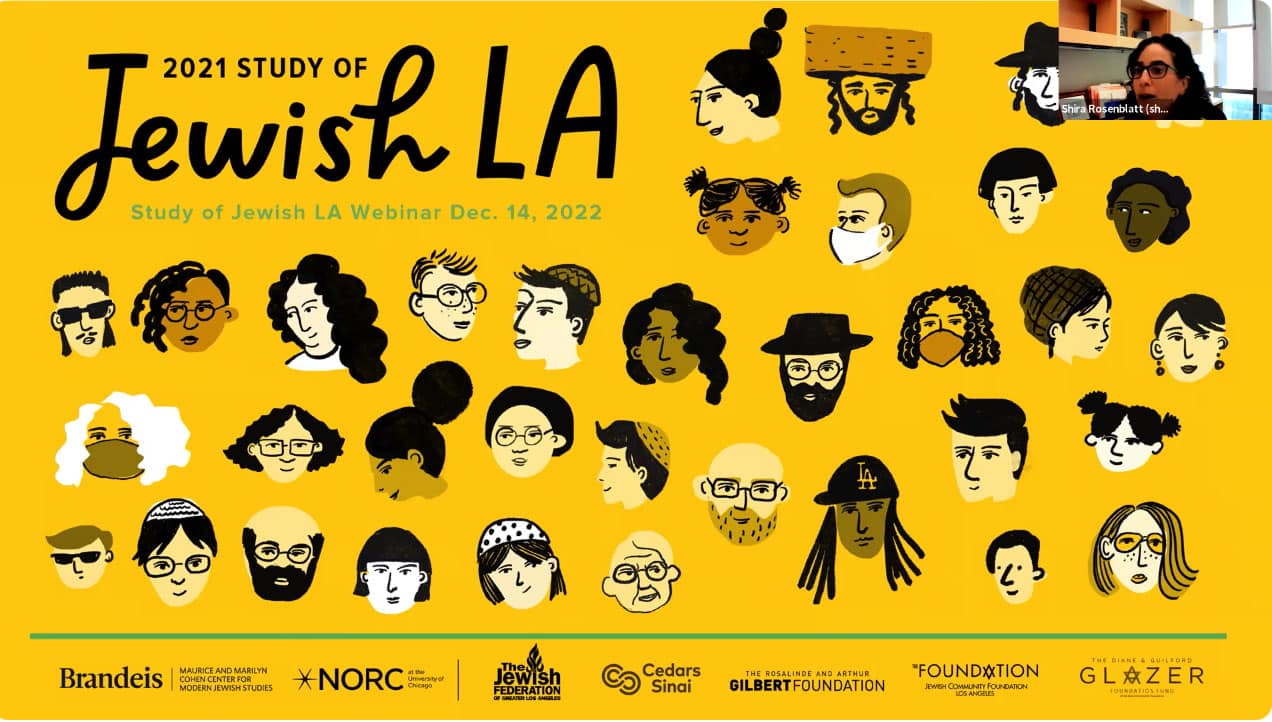
The Jewish Federation Greater Los Angeles held a webinar to review and discuss the findings of the landmark comprehensive study that it completed and released in June, 2022. The webinar also provided an opportunity for community leaders to express how the findings are relevant to Jewish daily life post-COVID.
Moderated by Shira Rosenblatt, associate chief program officer at the Federation, the study’s findings were reviewed by Dr. Janet Aronson, Dr. Leonard Saxe and Dr. Matthew Brookner of the Cohen Center for Modern Jewish Studies (CMJS) at Brandeis University which conducted the study. Weighing in on what the study means to Jewish life in LA were Rabbi Nolan Lebovitz senior rabbi of Valley Beth Shalom (VBS) and Esther Netter, founder of Cayton Children’s Museum.
While the webinar did not cover the study in its entirety, it presented highlights that included: community size, geography, diversity and Jewish engagement, denominations, demographics, attitudes about being Jewish, congregational support, Shabbat observance, the Jewish family, early childhood and Jewish organizations. The complete study can be found at https://studyofjewishla.org.
Of particular focus was how synagogues move forward in the current post-Covid-19 era, and the pandemic’s impact on the LA Jewish community. The researchers noted that while the study was begun before the pandemic and carried onward through Covid, they were presented with a challenge when it came to assessing synagogue membership. Comparing synagogue attendance pre and post Covid, the study found that 36% of LA Jews said they never attended synagogue services before the pandemic. In 2020-2021, that number jumped to 67% and rose to 77% in spring 2021. While the increase in synagogue non-attendance is not surprising because synagogues were closed during much of that period, it offered insight into how synagogues would deal with attendance post-Covid, an issue many are still grappling with.
While the increase in synagogue non-attendance is not surprising because synagogues were closed during much of that period, it offered insight into how synagogues would deal with attendance post-Covid, an issue many are still grappling with.
The study also showed that young Jews are engaging in their Jewishness, but not necessarily the way their parents did.
Traditionally, according to Lebovitz and Netter, Jewish life centered around belonging to a synagogue. But no more. According to the study, while the LA Jewish community is more diverse and engaged, young people are finding more individualistic paths to express their Judaism.
Rabbi Leibovitz offered a unique perspective on this when he said: “When I look at the study, I am hopeful. I’m hopeful because I think that the younger generation have a Jewish journey that contains many chapters, not all of the same making. I think that people who come into synagogue life today feel comfortable sampling the 31 flavors (a reference to Baskin Robbins 31 flavors ice cream stores). I don’t believe they feel they have to commit to any one form of Jewish connection like their parents did before them.”
Recently appointed as senior rabbi at VBS after a tenure at Adat Shalom, Rabbi Leibovitz spoke about taking a non-traditional route for the VBS membership, one that some may disagree with and other might find risky. “It used to be that everything synagogue-related happened in the synagogue. I don’t believe that’s going to be the case any more. I believe that synagogue life is going to have to meet people where they are. I think people feel more comfortable doing “Yiddishkeit” at home. In this way, our community will be more welcoming, with the idea of putting our arms around people whether they are in a sanctuary or at home lighting Shabbat candles.”
The rabbi came upon this realization when he was getting to know the VBS community between the time of his appointment and the High Holidays. “We had a number of soirees in peoples’ backyards and people loved them. I thought it was great and found that people want to express their Judaism, but not necessarily in a sanctuary.”
Echoing Rabbi Lebovitz and lending her personal experiences, Netter said she saw the results of the study in her own children. “In terms of my own children who are adults and married, even though they went to Jewish day schools, none of them are paying members of synagogues. They are all Jewish and figuring out what that means for their families,” Netter said. She went on to validate the study by saying that all her children observe Shabbat and Jewish holidays but choose to do it by gathering with their friends who are very similar to them in how they (express) their Jewishness.”
Netter made a pitch that the Jewish community should learn from COVID and embrace the changes we now need to adopt. “If we don’t radically change coming back from Covid and just reopen our existing buildings, we will have missed the gift of having to do something completely different.”
“We need to actually stop worrying about policy (traditional synagogue membership) and worry more about behavior,” Rabbi Lebovitz added. “We need to go out to coffee shops and wherever Jews gather and do the welcoming. I think if we recalibrate the way we think about how we welcome people into our community, we will find people waiting on the sidelines, waiting to be welcomed. I think we are going to be very happy with the long term results.”
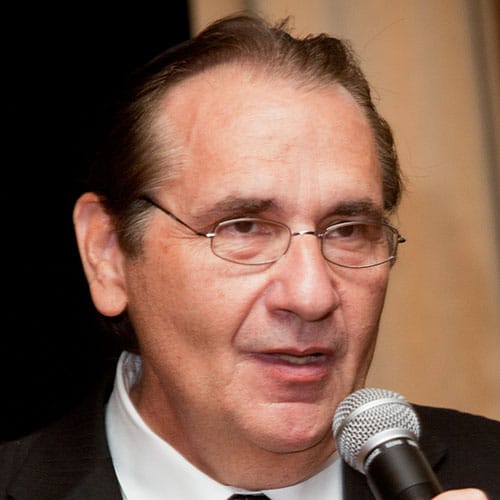






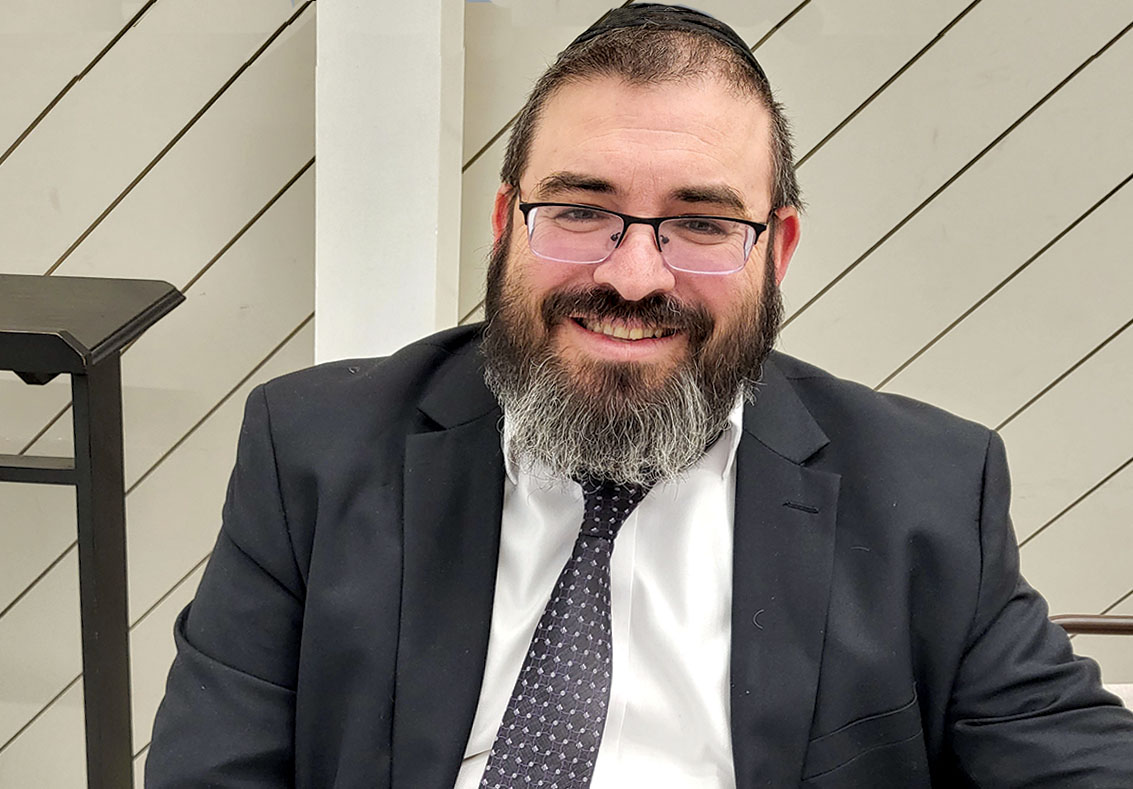
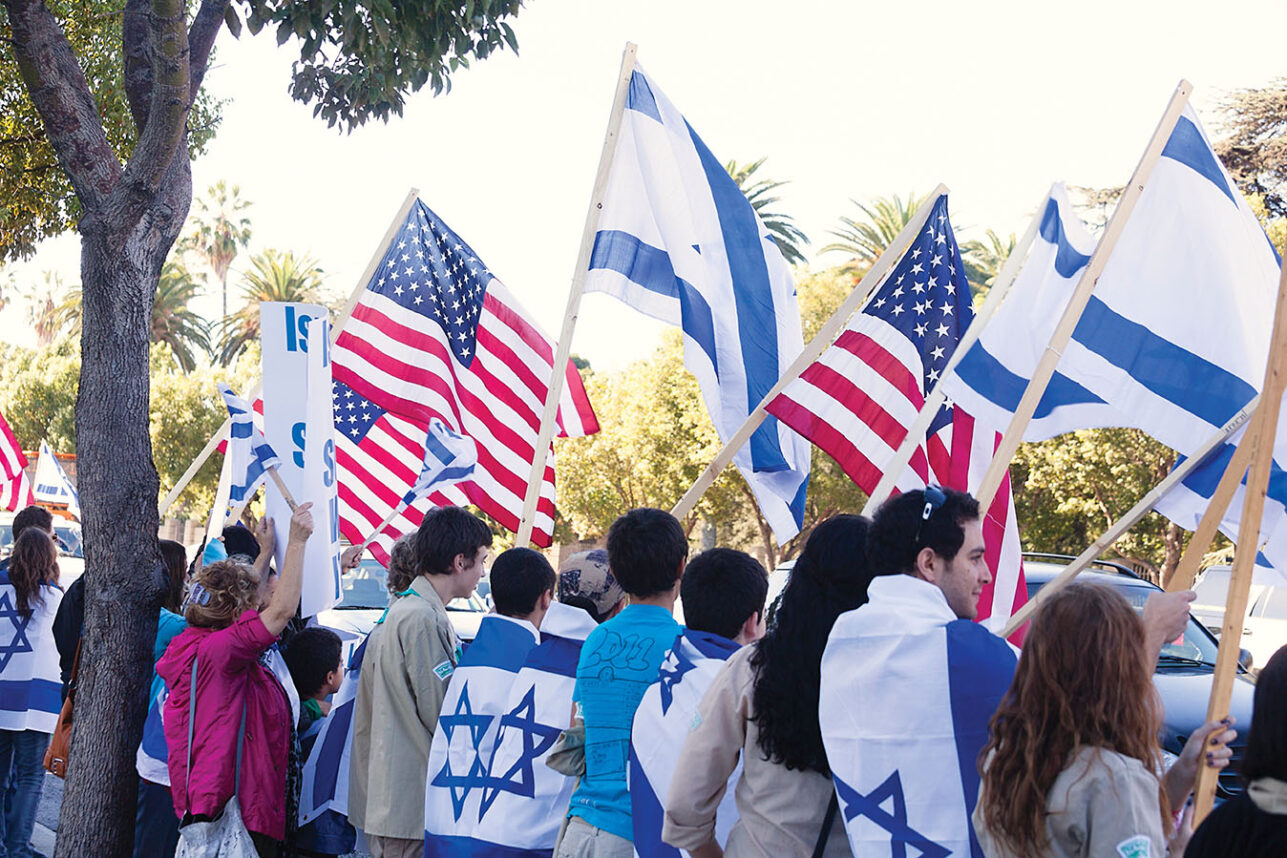
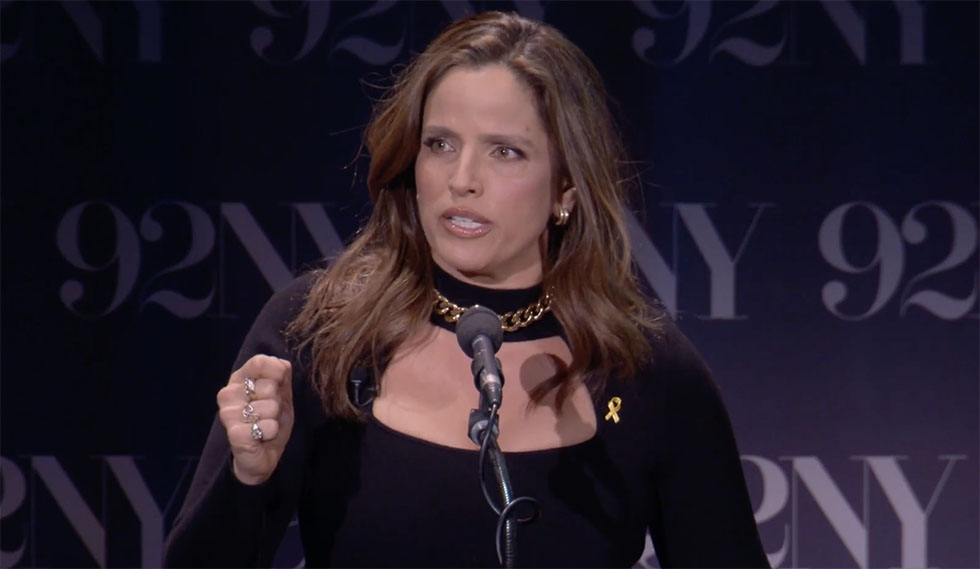

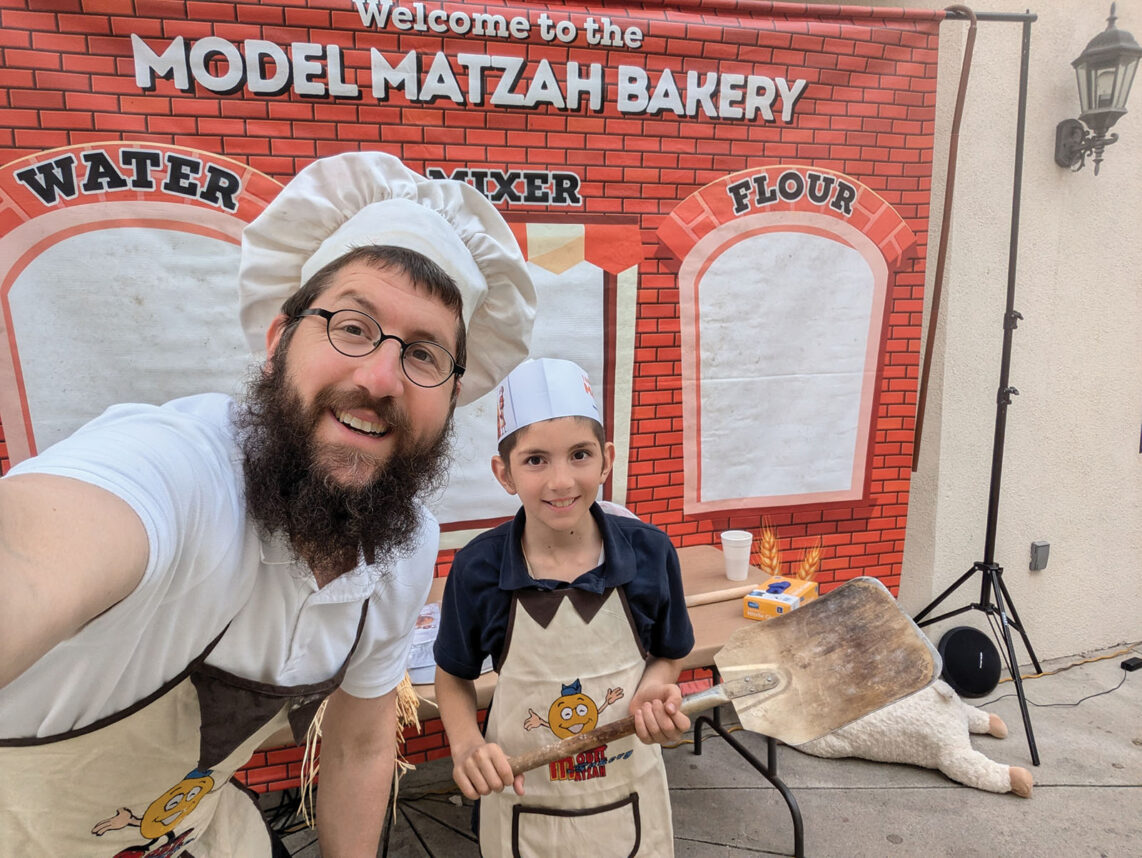

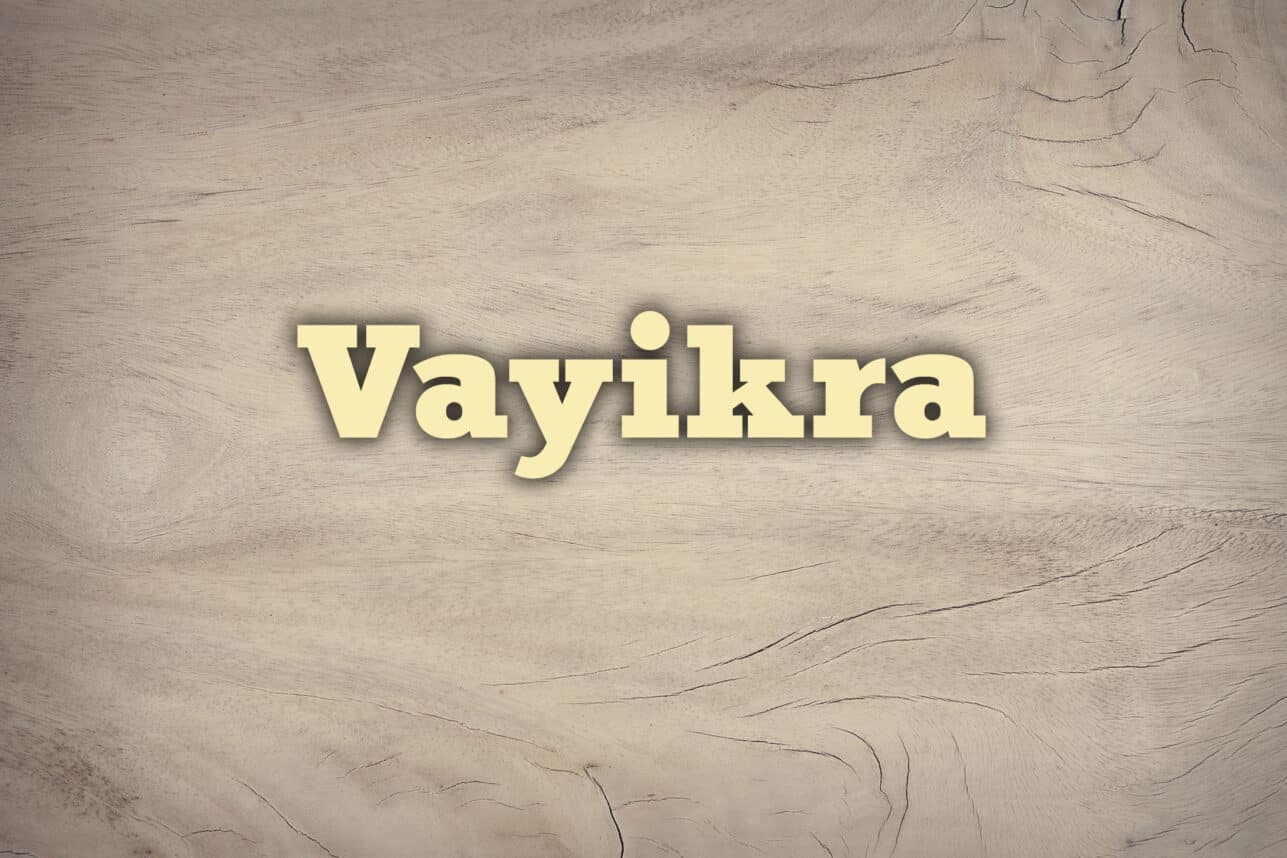



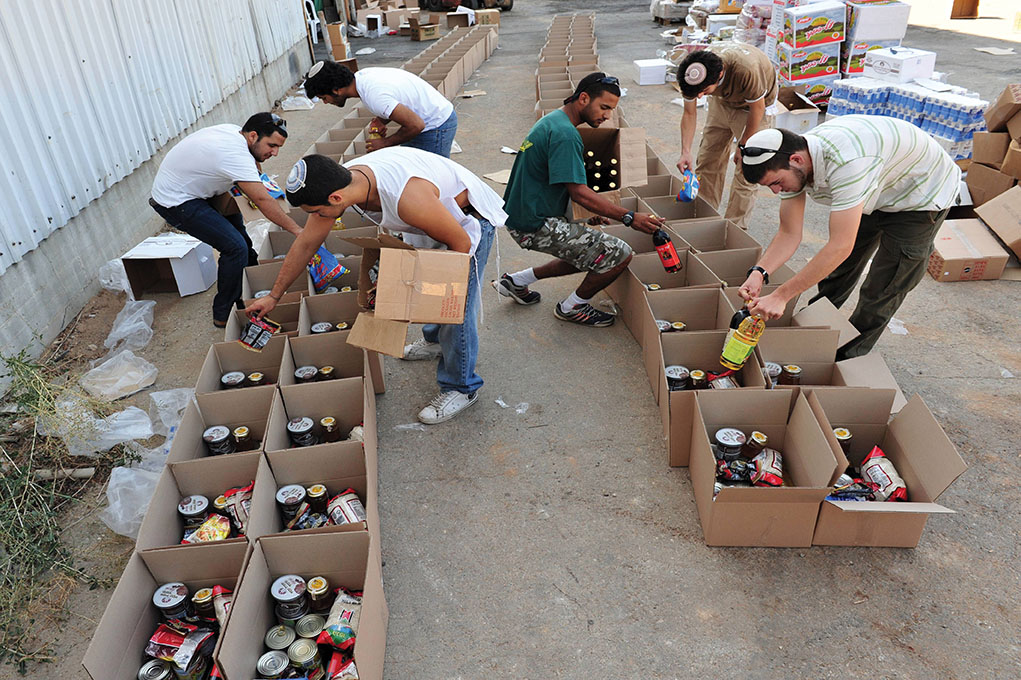






 More news and opinions than at a Shabbat dinner, right in your inbox.
More news and opinions than at a Shabbat dinner, right in your inbox.